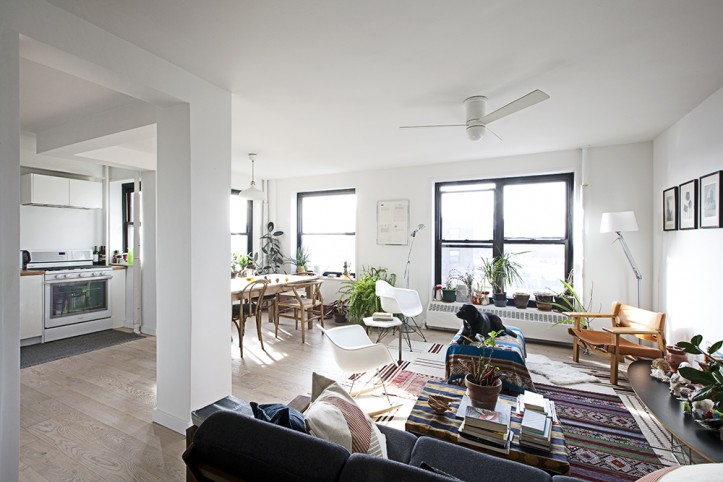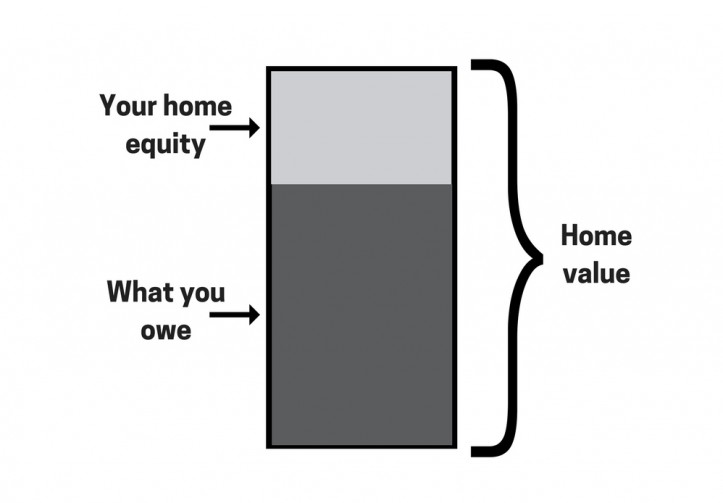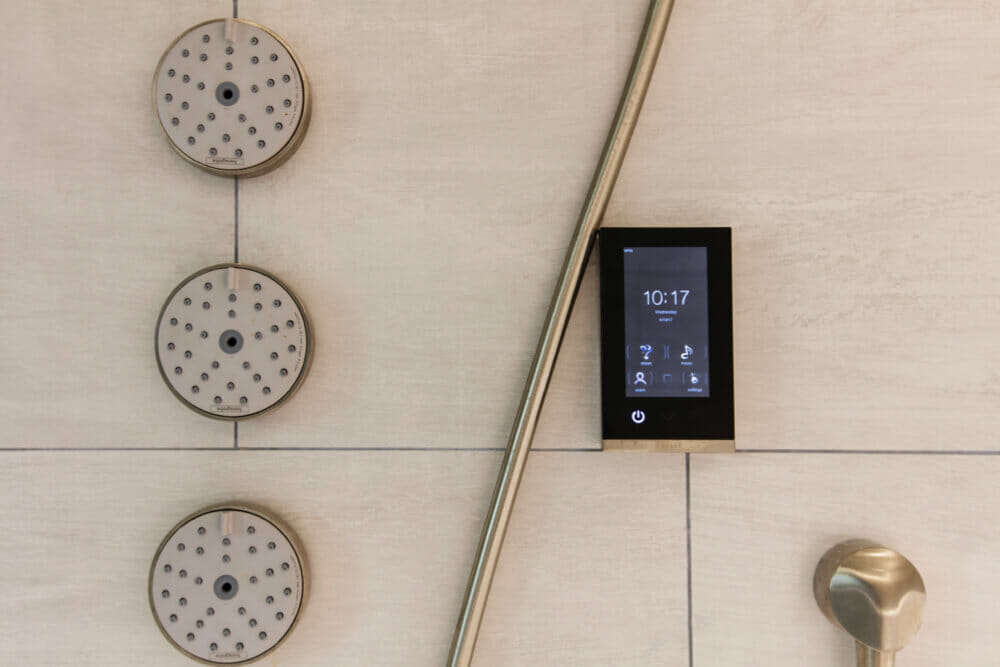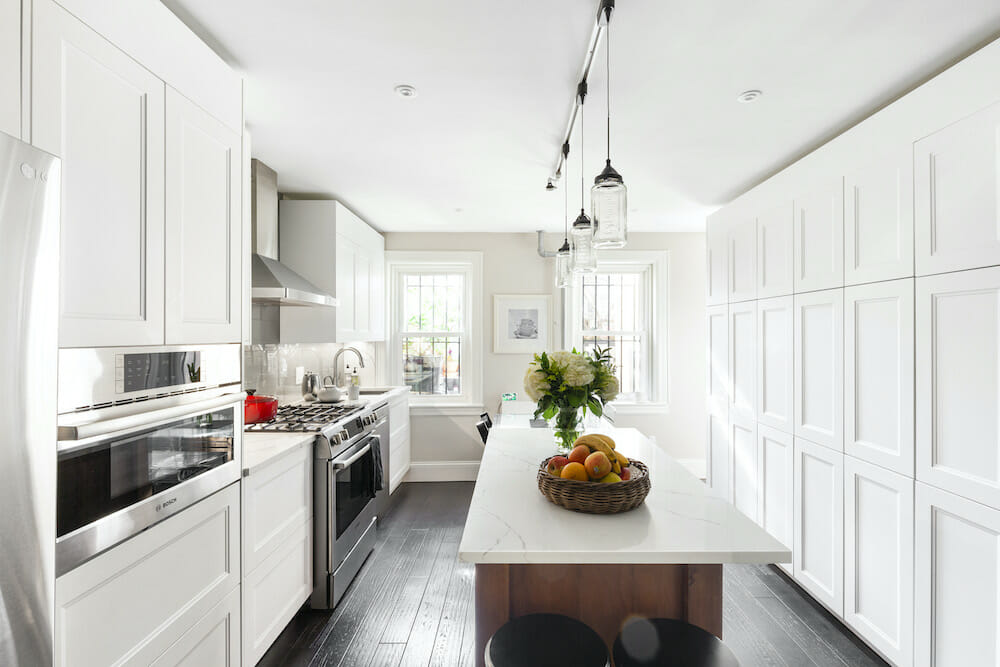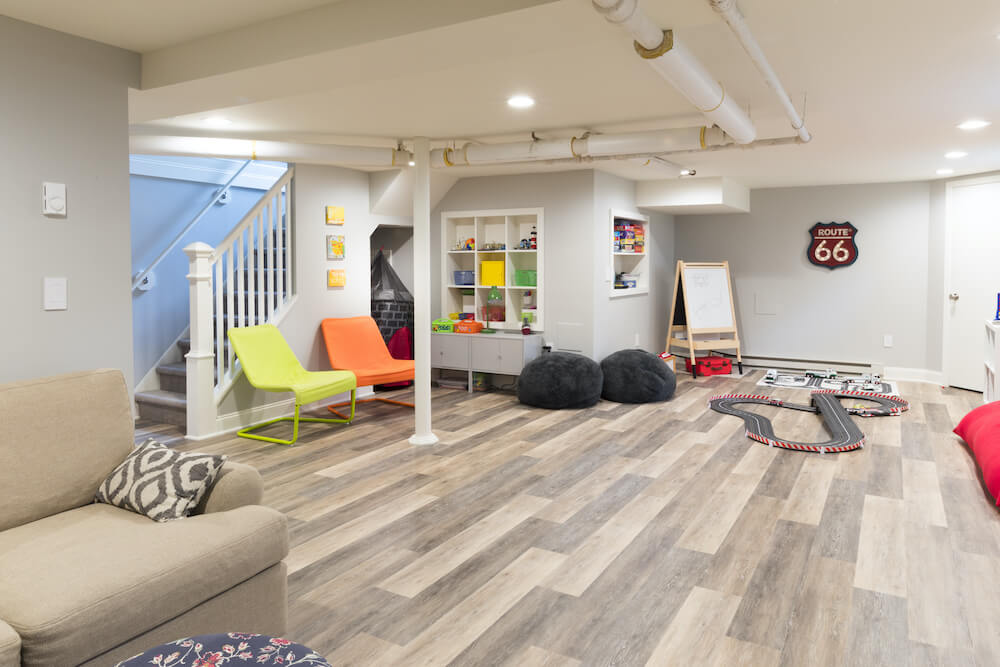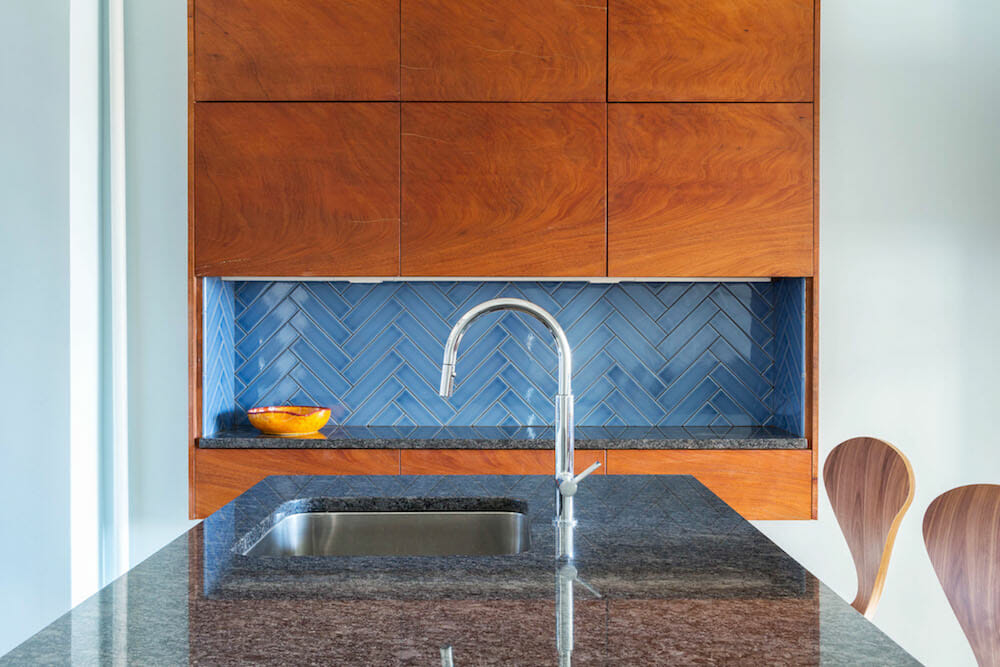What is Home Equity and Home Value?
A primer on how to keep track of your home equity
As homeowners, we sometimes find ourselves obsessed with how much our home is worth: “Our neighbor’s home sold for how much?”, or, on the flip side, “The property tax assessor thinks my house is worth how much?”
Home improvements can really affect home value. Putting in a new kitchen in a hot market, for example, can really pay off in terms of making your home worth more. As homeowners, we take this into consideration when considering priorities.
But the more important number that you want to pay attention to, instead of your residence’s, is really home equity. Whether you are curious about general appreciation or interested in getting a return on your home improvement investment, home equity is what you want to focus on. Let me explain.
What is home equity?
Home equity is the amount of money in your home that’s yours, that you don’t owe to anyone else. An easy way to think about it is to think back to when you bought your home, how much of a down payment you put in.
If you paid $500,000 for your home and put $100,000 down (20%) and got a mortgage for the rest, that $100,000 is your home equity, while the rest is what you owe to the bank.
Over time, you pay down your mortgage and build more and more equity in your home, owing less and less to the bank, making your home equity grow.
Your home equity also grows when your home appreciates and shrinks when your home depreciates. Here’s a simple diagram that shows the relationship between home value, home equity, and what you owe.
Why is home equity important?
Home equity is important because it determines how big a check you get when you sell your home. You’ll get a check for your home equity, minus fees related to the sale, such as real estate broker fees, etc. That’s pretty important!
The amount of home equity is also important if you want to refinance, as you’ll want to maintain 20% equity in your home to be able to qualify for most refinances.
Home equity changes as your home value changes Sweeten brings homeowners an exceptional renovation experience by personally matching trusted general contractors to your project, while offering expert guidance and support—at no cost to you. Renovate to live, Sweeten to thrive!
Now, let’s talk about what happens when the value of your home goes up. If your home value is $500,000 when you buy it, but in five years it’s worth $550,000, congratulations! You have $150,000 in home equity instead of just the $100,000 from your down payment. Your home equity can also shrink if home prices drop.
An increase in home equity from a renovation is your return on investment.
Home equity before and after renovations
It’s good to think about your home equity before you begin a renovation. If your home value goes up from a renovation, your home equity increases accordingly. An increase in home equity from a renovation is your return on investment.
If a project costs you $10,000, and it raises your home value by $10,000, then your return on investment would be 100%. When it’s time to sell your property, you’ll get that $10,000 back (assuming the enhancement holds its value until the time you sell).
Home equity loans and renovations
Another reason to think about your home equity before and after a renovation is if you are taking out a home equity loan to pay for your renovation. Remember, home equity is the value of the home minus what you owe on it. If you owe more, then you have less home equity.
This doesn’t mean you shouldn’t take out a home equity loan; you just want to be aware of how it affects you. Remember, home equity is what you get back from a sale, and is often your profit. If your home equity dips below 20%, it can make it hard or impossible to refinance as we discussed above.
An easy, 3-step way to know your home equity at any point in time
First, find your home’s current value. Do a search online for homes sold in the last six months and find three that are most like yours in terms of size, location, and interior condition. Use these to extrapolate a general home value based on current sales.
Second, take a peek at your mortgage statement, either online or your printed statement, however you receive it. Look for the “remaining loan balance” or “remaining principal balance” field. Add to that amount any other outstanding loans you have on your home.
Third, take your home value and subtract what you owe. That’s your home equity.
Home equity as major net worth
A U.S. Census report update from 2017 stated that homeowners have on average nearly 69% of their net worth in their home equity! Yet, it remains a mystery to most homeowners.
By being aware of your home equity, you’ll better protect your net worth and have greater control and awareness of your financial opportunities related to homeownership, for both the short and long term.
Nicole Hamilton is the author of Avoid the Money Pit, Turn Your Home into a Financial Powerhouse, and the founder of Homeownering, an independent and unbiased resource for homeowners to get great financial outcomes.
—
If you’re thinking of renovating your home, learn about the options available for financing a remodeling project.
Refer your renovating friends to Sweeten and you’ll both receive a $250 Visa gift card when they sign a contract with a Sweeten general contractor.
Sweeten handpicks the best general contractors to match each project’s location, budget, and scope, helping until project completion. Follow the blog for renovation ideas and inspiration and when you’re ready to renovate, start your renovation on Sweeten.
